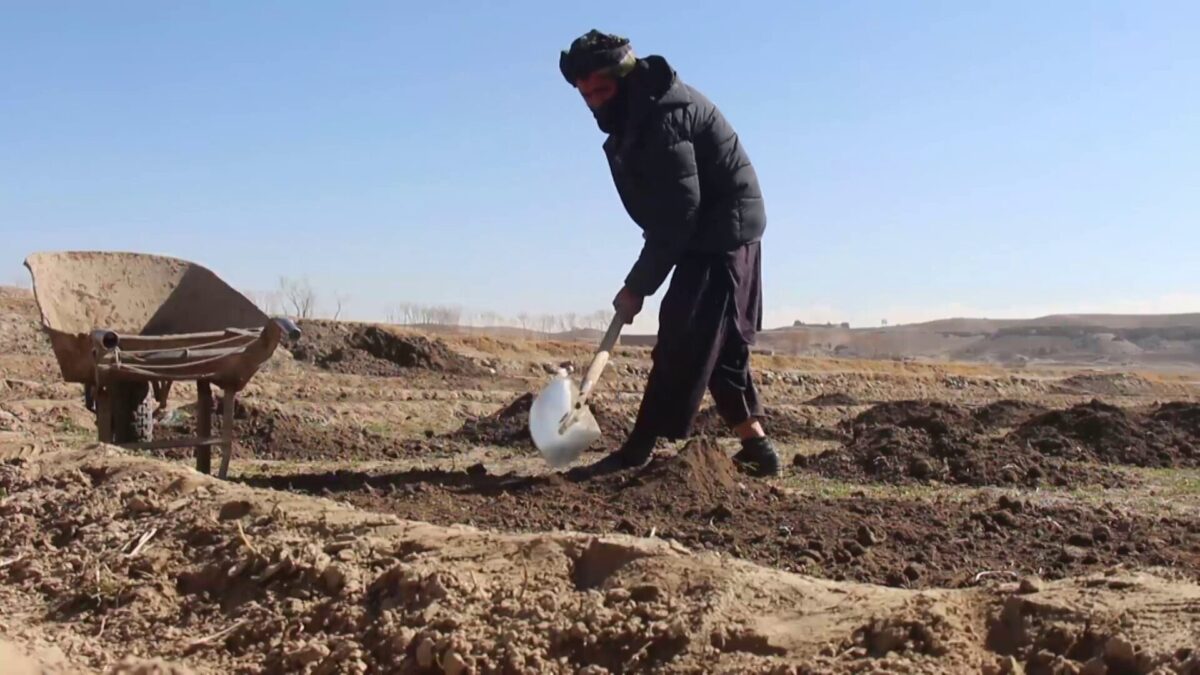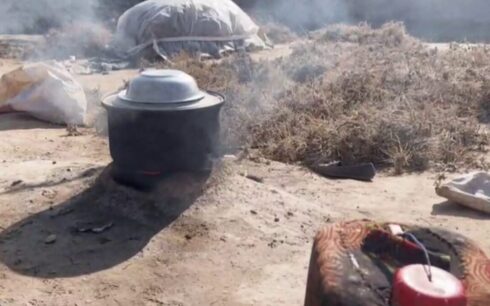Farmers in Zabul in the south of Afghanistan expressed frustration over the Taliban’s failure to distribute quality, fertilized seeds, which they say has led to reduced wheat yields.
According to local farmers, the absence of modified seeds provided by the Taliban has hindered their ability to achieve productive harvests.
They reported that seeds purchased independently from the market failed to yield satisfactory results.
“We invested our own money for cultivation, but our harvest has been poor, and the support we need hasn’t arrived yet,” Haji Bahadur, a farmer in the region, said.
Mohammad Nader, another farmer, echoed these concerns, emphasizing the struggle to access and afford quality seeds. “We need help and cooperation to find and plant good seeds,” he said.
Many farmers in Zabul believe that access to modified seeds and quality fertilizers is crucial for increasing crop yields.
Attaullah Rashid, Taliban’s head of the Agriculture, Irrigation, and Livestock Department in Zabul, stated that over 12,500 families have been surveyed, and the distribution of modified seeds is set to begin shortly.
He also mentioned that the Food and Agriculture Organization of the United Nations has distributed seeds and assisted farmers.
“This wheat cultivation season, we surveyed 12,600 families in Zabul and its districts. The seed distribution will start next Friday,” Rashid said.
Official statistics indicate that last year, Zabul produced 35,000 tons of wheat from 13,000 hectares, showing a decrease from previous years. Local farmers attribute part of this decline to flood damage.





